Don’t forget to process your emotions! A little story about finding hope…
Now and then it seems like the world is turning a little crazy. Times are unstable, changing, and in some way unpredictable. “I don’t think I am alone in wishing for a little bit of hope right now” stated Anna Wintour lately in her editor’s letter for the June/July edition of Vogue. In just one line she reflects a global vibe; An existential need for hope. Change is important, but dealing with its emotions can be intimidating. But that’s exactly why we need to talk about it. Vulnerability and hope are en vogue. So what are we waiting for?
We feel hopeful when we want something better to happen or be true.
Here in Stockholm, where I live, we can watch the days turn lighter. Midsummer is around the corner, yet we don't know about how things gonna turn out. Usually, it's the highlight of the year and the ultimate parade of Scandinavia's DNA. It’s beautiful: You wear flowers in your hair, dance around the maypole, sing, and drink. You eat good food, enjoy the time with your loved ones and watch the midnight sun. The time until midsummer is very special. There is so much anticipation involved. It’s heartwarming. Many can probably relate to the feeling when spring finally takes over after a long, dark, and cold winter. The first shafts of sunlight are hitting the cheeks, flooding us with a tender feeling of hope. For me, it feels a little bit like waiting for Santa. Now imagine the potential of devastation, if a cultural event that has such a big meaning is at risk of being taken away. We need to feel that there’s hope. We want to believe that something better is about to happen. It’s the little force that keeps us going and that presents us something to live for. It may be a long-awaited proposal, a great time at an event and the new friends we anticipate to make there. It may be the things we are empowered to do after a promotion or investment we have taken. Or it might be the lifestyle changes we will take once we've healed from a disease or the emotionally unavailable partners we’ve chased for too long.
But this year things are different. Nobody knows how things will develop.
As an expat, I perceive the feeling of hope as even more present here. When it comes to the availability of daylight, we move from one extreme to another very quickly. As the winter season can be quite intimidating, spring and summer try their best to balance for winter's downsides. We start to count the days until midsummer. We refuel energy and we find hope. But this year things are different. Nobody knows how things will develop. We jumped out of the dark period rejoicingly anticipating brighter days. And suddenly we are confronted with restrictions. We get scared of the massive disappointment which we can already sense in the back of our heads. We try to suppress it, but we know it’s there.
We can’t change it: Hope always comes with anticipation, and thus expectation. Yet, I sense a dangerous trend that encourages people to stop having exactly that - expectations. It's justified with avoiding disappointment, pain and some kind of a "right" to be all-time happy. And we refuse to dive deeper into the whys. I can’t count the times when others told me that I would live a happier life if I would just stop having expectations. Sometimes they said it directly. And other times it was covered in statements like “I’m so busy”, “I’m not sure what I want” or “Don’t hold me responsible” ,(dating and business), “Please make plans, I may join if I have time” or in general “Just lower your standards”. (applicable to all).
“Aspiration” / © 2020 Joonce.com
Isn't the collapsing illusion of what we hoped for what we try to avoid?
What all of these words have in common is the underlying core message that the sender tries to reveal about her- or himself: “Please don’t make me feel guilty for disappointing you. Please don’t expect me to serve your hopes. I need to find hope for myself first. I can't handle your disappointment”… So, what I'm wondering about is, if the key to hope lies within overcoming disappointment. Isn't that - the collapsing illusion of what we hoped for - what we try to avoid by keeping our hopes low? Isn't that why we justify our fear of getting hurt with the fallacy of reaching peace-of-mind? How can we reach peace-of-mind if we suppress our most existential feelings all the time? I feel like we're missing out in life by suppressing disappointment and thus hope. It's like as if we’d lose the part of us that makes us human. Instead, I believe that we need to (re-)learn to genuinely feel our emotions. We need to name them precisely, and we need to learn how to cope with them in a mature and creative way.
Because of the emotion-control that is expected of us, we forget to actually process our emotions.
In that sense, I spotted one special action over the years which seems to distinguish the successful from the unsuccessful, the growing from the complaining, or the brave from the coward. It’s their commitment towards going through a conflict or an emotion, respectively. They would not watch it from a safe distance, but rather leap over the ditch. And they would do so because they were comfortable with having expectations and taking over responsibility for the consequences of their behavior. This in return allows them to feel hope on the fundament of their confidence. No doubt, that this is one of the toughest behavior-challenges we can accept. But it is also one of the most rewarding pathways we will ever dare to take. That's why I like the performing arts so much. They teach us so many lessons for life and I feel they’ve helped me with coping many, many times. Dancing my emotions away in private always felt very natural to me, but I was never aware of that being a coping mechanism. I came to realize that every time I experienced a throwback, I have allowed myself to name and feel the feeling. If I was hurt, I would speak it out, I would listen to music and wait until a song lets my feelings go nuts. I would do the weirdest moves and let my body absorb the music. I would lock my door, laugh, cry, dance, sing, and create my own little full-drama Hollywood movie. It would be such a drama, that at a certain point I would stop, laugh about myself, and immediately calm down. But - after all - the monster was out. Just to be very clear here: What I'm not saying is to become a drama queen (or king) in your social environment. As grown-ups and professionals, we should be able to apply emotion-control. But because of this emotion-control that is expected of us, we often completely forget to actually process our emotions. And that's when such a strategy can help.
“IInflection” / © 2020 Joonce.com
I conditioned myself, that every throwback will be resolved and that there is no reason to be afraid to feel.
During my little acts of performance, I helped my body and mind to connect challenging emotions with a positive sensation (music, activity, art, self-expression). I did this unintentionally over many years. But what actually happened is that I linked my throwbacks to pleasant experiences, a reward so to say. That's why I keep on seeking for the next reward. And I will find it in the big challenges, that own -again - the risk of failure, disappointment, or rejection. It seems a little paradox, but unknowingly I conditioned myself, that every throwback will be resolved and that there is no reason to be afraid to feel, as I will be able to deal with it. Anger, heartbreak, anxiety, grief, you name it. It doesn't matter. This realization was one of the most liberating experiences of my life.
I would not take these moments for granted but CALL them OUT as “love”.
After a while, I started to do the same with positive emotions. Especially when it comes to love, acceptance, or joy it turned out well. I challenged myself to find and name little moments of love in my daily interactions with people. I would not take these moments for granted anymore. Instead I would - to the surprise of the others - call them out as “love” in the situation itself. Speaking it out gives you constant feedback. You kind of quantify your experiences of love in your daily life. And this in return helps you to recognize how much love is actually existing in this world. You can imagine, that this is like an immediate hope booster. Finally, it also helped me to rewire a, as I feel, messed up society concept of love, which links it to a male-female- or parent-child-prototype only. Love and hope can be found in so many interactions. We just have to look for it more actively, instead of hiding behind our insecurities and assumptions about others.
That being said, it's a hard topic, as there is always a fine line to walk here. For me, these strategies work as I have already built a stable identity over time. But, there is no replacement for proper psychological treatment. Seeking professional help in case of severe mental issues is crucial. A chronic loss of hope, for instance, can be a warning sign. When we get the impression that there is constant resistance and that we are held back from reaching our goals, we can feel defeated. We may lose our purpose, and don’t feel in control of our life. At this stage, it’s easy to fall into a self-victimization mode and build up the belief that everything is always bad. It may leave us back exhausted, overwhelmed, and with a cynical attitude towards the world. In such a case it is definitely the right way to consider help.’’
“What I Think Is What I Feel.”
Finally. it’s also good to know that we have at least some power over such processes, but it requires will-power. One of the best strategies I’ve ever learned was “What I Think Is What I Feel” (WITIWIF). It states that we can change our state of emotion if we change the way we think about it. A good way to start is by asking ourselves “why” we are feeling in a certain way and then to replace this (often negative) “why” with a positive script for the future. Over time and with repetition we can gain back the control over our emotions. But again, nothing replaces proper psychological treatment. Now, I’m talking a lot about all these things with my friends and colleagues. And since I’ve started to be open about these topics I came to realize that we’re somehow all dealing with something. Nobody is alone, yet only a few find their voice to talk about it. This is also one of the major motives for me to write, produce content, or get lost in hours of user studies. It gives me a feeling of community and togetherness. And especially in these lonely times, when we are trying to cope with the isolation and the new daily structures we are forced into. I think it is now more important than ever to let people know that the need for physical distancing does not equal a loss of spiritual connectedness. Just because we can't meet friends anymore physically the connectedness is gone, too. It is still there. All we have to do is to find new and creative ways of fostering it. And the arts, as well as the social networks, are providing us with a great foundation to do so.
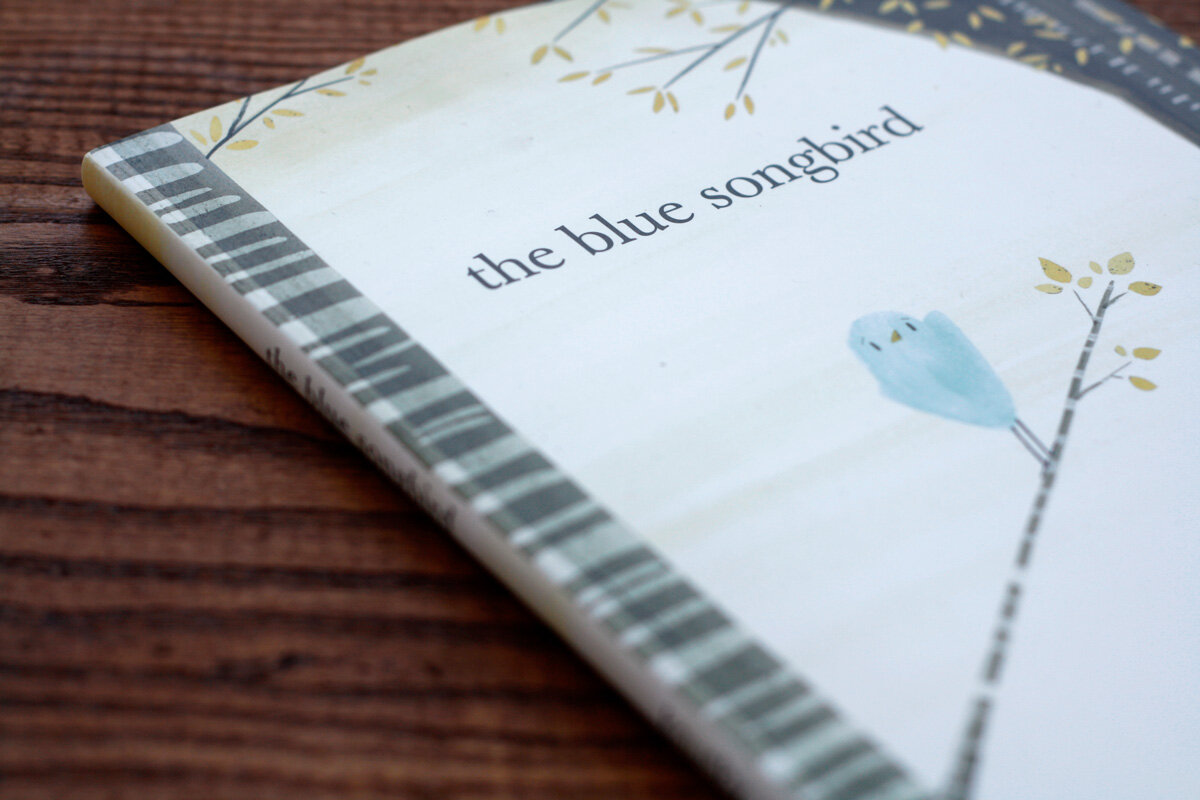
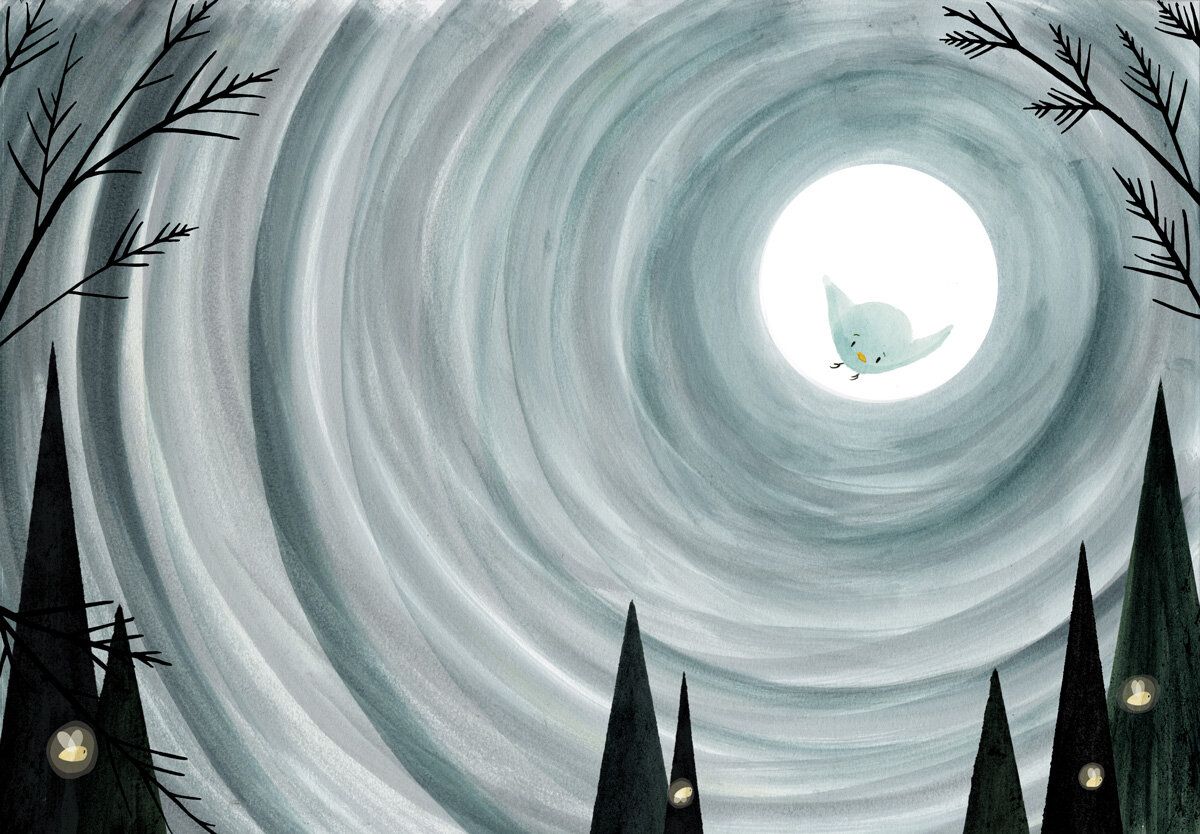
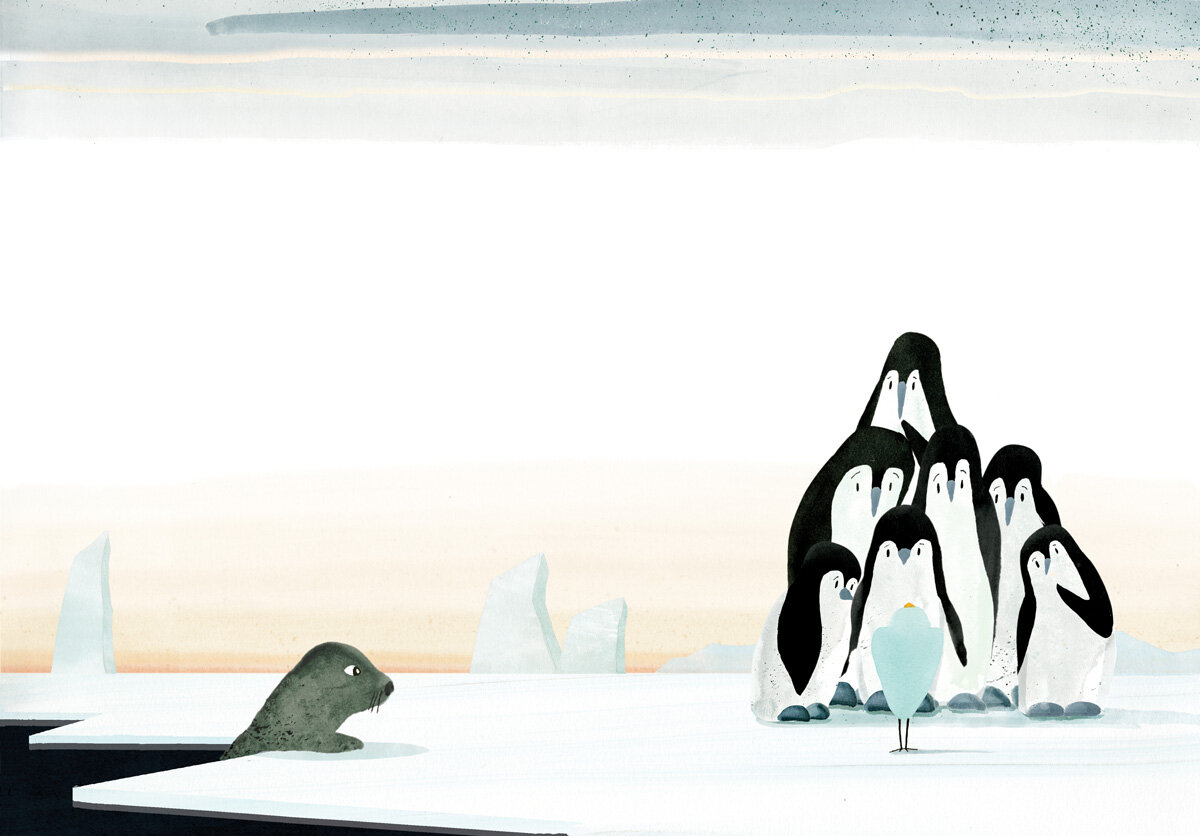
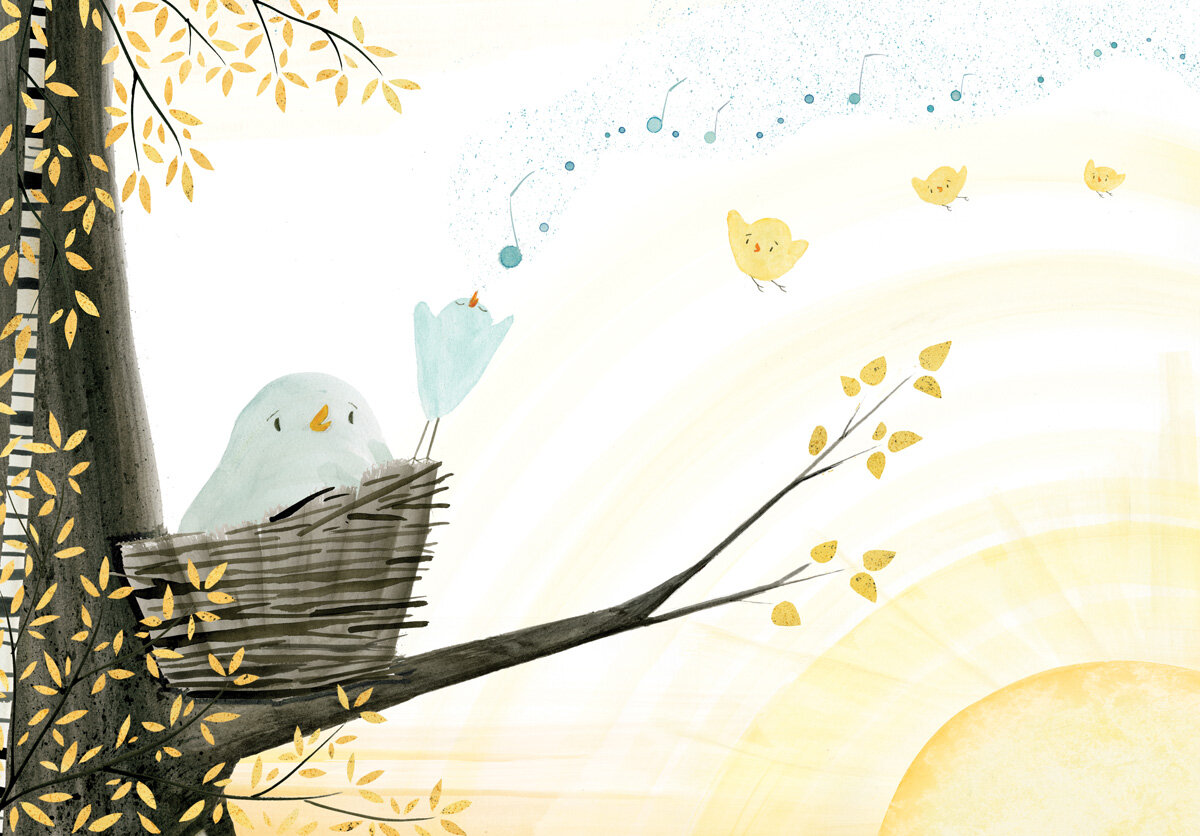
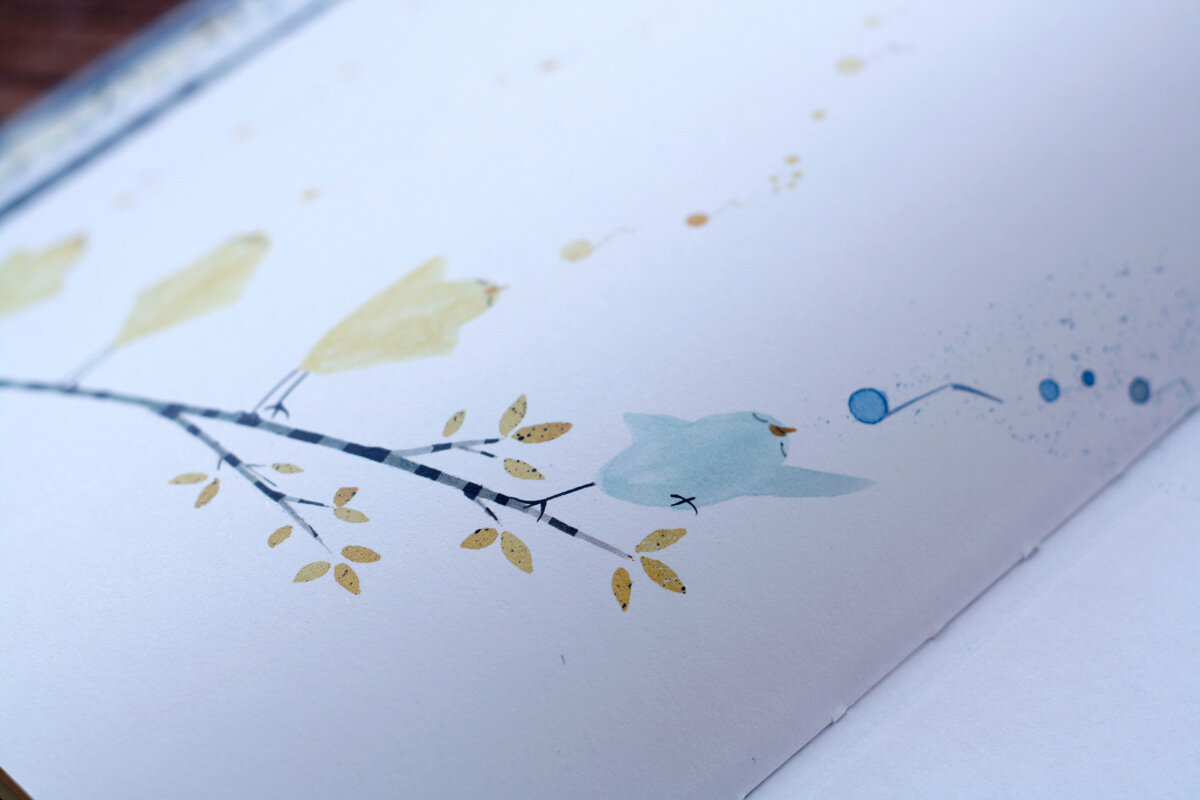
Instead of letting others put a label on me, I put a label on the emotion!
Why I have so much hope within is because I’m practicing it every day. I put myself into challenging situations, that try to put a label on me and I have stopped complaining about it. Working in UX also helped me a lot to shift my mental model from “victim” to a more curiosity-oriented approach. Why are things? How do they manifest? What can I observe? What can I actively change? What should I better leave behind? Why? Instead of letting others put a label on me (people will do, you won’t change that), I put a label on the emotion that gets triggered through interpersonal interactions. It’s a simple, but crucial shift in thinking that will release its protective effects. It creates an environment where excitement can blossom from within. And when we’re thrilled about ‘what’s next,’ we are also enabled to see beyond the obstacles. We are willing to invest more and we become resilient. To get started, think about the following: Have you ever thought about why you're on this planet? Or what about your “special thing”? What is it and why? What's the thing you believe in? You know the crazy one, that others would call you crazy for if you mention it? What gets you excited? For instance, I insist on the existence of magic. That’s what drives me, and it doesn't change against a global pandemic being present or not. But that’s part of a different story :-)
“Oxygen” / © 2020 Joonce.com
“It takes the same energy to say why something can’t be done as to figure out how to do it.”
Anyways, I’m holding on to my hope for a better future that will hopefully provide us with a lot of awareness about physical and mental health as well as the importance of candid collaboration. I don’t know if it will become true, but I sense some signals that make me hopeful that things will change in a very positive way. Some information sources may seem a little hilarious at times, some may be annoying, or highly disturbing. But without the crisis, we wouldn't be so aware now of toxic groups, conspiracy theories, the “existence” of climate change, and the conflict between the economy, science, and (often broken) healthcare systems. Most of these problems stem from establishing false/unjustified hope and its root cause ignorance. But now all eyes are on it, and we can be hopeful about creative problem solvers who will get empowered to communicate more effectively and who will drive change for the better. Maybe you are one of them? It won’t be easy. In fact, I’m sure it will be a long, steep and rocky way. But that’s a characteristic of future success. If we compare it to the arts it’s always easy to see for instance the “flawless” ballet performance on stage or the actor awarded with an Oscar. But only a few are aware of the bloody feet, the decade of production, the countless rejections, and the tremendous investments that have been taken when judging the comparably small moments of success. Perspective matters: With the pandemic we were empowered to take the first step into a better future. We became painfully aware of what we need to fix as a global community. Now it’s about committing to the emotional part and about finding our purpose to keep up hope as a motivational driver.
Hope is being open to opportunity. It’s the distinct belief that our future will be better than the present. It’s the belief that we have the power to shape it and overcome the obstacles that will come with it. Every one of us can feel it if we understand the crisis as a chance to redefine ourselves. Or to say it in the words of P. R. Loeb.: “It takes the same energy to say why something can’t be done as to figure out how to do it.” (The Impossible Will Take a Little). If we never dare to dream life may appear at times a little hopeless. We can't be hopeful if we are scared of disappointment and run away from responsibility.
It’s all a question of practice. And that’s what we have in control …
#OneScaryThingADay
Stay safe everyone. If you liked this article, please help me spread the word.
Share this with your loved ones and on Social Media <3 Thanks for your support.




















